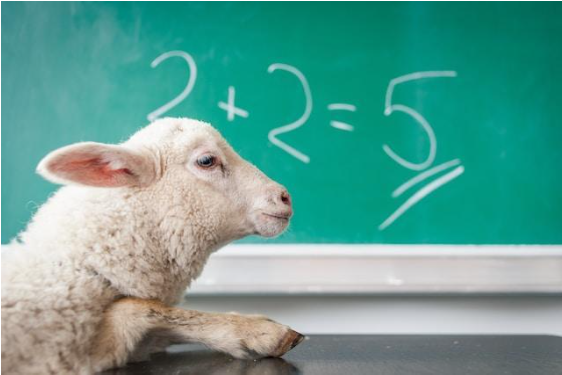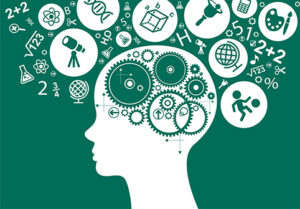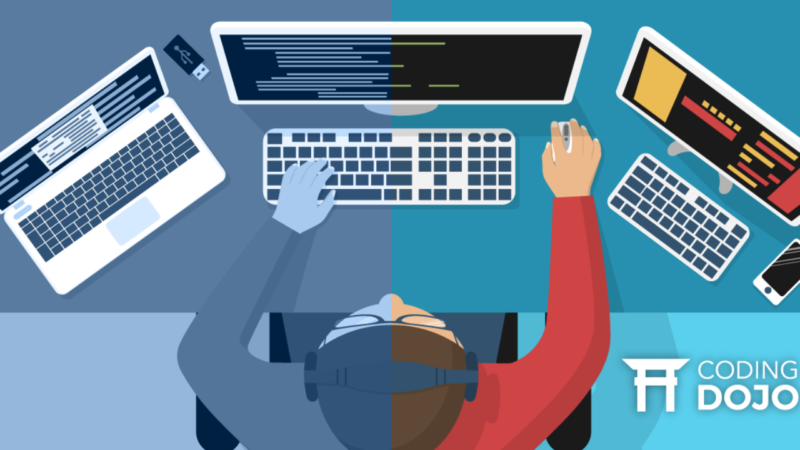Media Literacy 101: Navigating the Era of Disinformation

In today’s rapidly evolving digital landscape, where information is just a click away, the importance of media literacy has never been more evident. The era of disinformation, characterized by the spread of false or misleading information, demands that individuals develop a critical set of skills to navigate the complex world of media. This article aims to provide a comprehensive guide to media literacy, offering practical insights and strategies to effectively discern credible sources from deceptive ones, while emphasizing the significance of media literacy in the age of disinformation.

Defining Media Literacy: Equipping Ourselves for the Digital Age
Media literacy can be defined as the ability to access, analyze, evaluate, and create media content in various forms. It involves a combination of critical thinking, skepticism, and an understanding of how media messages are constructed and disseminated. In the era of disinformation, media literacy takes on a crucial role in enabling individuals to differentiate between accurate, reliable information and misleading or false narratives. YOU CAN ALSO READ Best Women Long Skirts Reviews & Buying Guide
The Pervasive Influence of Disinformation
In an age where information can be shared instantaneously across the globe, disinformation spreads like wildfire. Falsehoods, conspiracy theories, and manipulated content can easily capture public attention and lead to widespread misconceptions. The rise of social media platforms has further accelerated the dissemination of disinformation, making it essential for individuals to cultivate a keen sense of media literacy.
Key Steps to Enhance Media Literacy
Question Everything: Developing a Skeptical Mindset
In a world inundated with information, it’s important to adopt a skeptical mindset. Whenever you encounter a news article, video, or claim, ask yourself critical questions such as:
- Who created this content?
- What is the source of the information?
- Are there any credible references or citations?
- Does the information align with other reputable sources?
Source Evaluation: Separating Fact from Fiction
Determining the credibility of a source is paramount. Consider the following factors when evaluating a source:
- Reputation: Is the source well-known and respected in the field?
- Bias: Does the source exhibit any political, ideological, or commercial bias?
- Expertise: Does the author or organization possess expertise in the subject matter?
- Citations: Does the content provide verifiable references to support claims?
Media Literacy in the Digital Age: Navigating Social Media
Social media platforms are breeding grounds for disinformation. To navigate this landscape effectively:
- Verify before sharing: Ensure the information comes from a reliable source before sharing it.
- Check images and videos: Manipulated visuals can distort reality. Use reverse image searches to verify authenticity.
- Mind the echo chamber: Social media algorithms often expose you to similar viewpoints. Seek diverse sources of information.
Critical Consumption: Analyzing Content
Consuming media critically involves more than just reading or watching – it’s about actively engaging with the content:
- Fact-checking: Use fact-checking websites to verify claims before accepting them as true.
- Analyze headlines: Headlines can be misleading or sensationalized. Read the entire article to grasp the full context.
- Cross-reference: Compare information from multiple reliable sources to confirm accuracy.

Media Literacy Education: Empowering Future Generations
To combat the spread of disinformation effectively, media literacy education should be integrated into school curricula and community programs. Educators can play a pivotal role in equipping students with the skills needed to navigate the digital landscape critically. By teaching young minds to think critically about the media they consume, we can empower them to become discerning and responsible digital citizens.
Staying Vigilant in the Digital Age
As technology continues to advance, the challenge of disinformation persists. Navigating the era of disinformation requires continuous vigilance and adaptability. Stay informed about new trends in media manipulation and regularly update your media literacy skills.
Conclusion
In a world awash with information, media literacy is the compass that guides us through the era of disinformation. By honing our critical thinking, source evaluation, and content analysis skills, we can safeguard ourselves from falling victim to falsehoods and manipulative narratives. Embracing media literacy empowers us to be informed, responsible, and active participants in the digital age. As we navigate the intricate web of information, let us remember that being media literate is not just a choice it’s a necessity.





